By Chen Tianhao
(ECNS) – Recently, senior U.S. officials including U.S. Secretary of State Antony Blinken, U.S. Treasury Secretary Janet Yellen, and U.S. Special Presidential Envoy for Climate John Kerry have paid visits to China. Expectations are high on the frequent interactions between senior officials of two big economies, as the world is still struggling for economic recovery.
While talking exclusively with China News Network, Douglas Paal, distinguished fellow at the Carnegie Endowment for International Peace, and Sourabh Gupta, resident senior fellow at ICAS, elucidated their thoughts on the trend of the U.S.-China relationship.
Yellen's visit to China releases the positive signal
After her four-day visit to China, Yellen became the second senior official of the Biden administration after Antony Blinken within a month. Paal holds that Yellen's visit this time shows that "she has got global concerns and bilateral concerns about the U.S-China relationship on her mind". "In both areas, there's room for progress between the U.S. and China", he added, "and the visit was in effect a positive gesture - The U.S. and China are not on a collision course, but can find a way to coexist peacefully and productively."
"It's important at this time that the U.S. and China coordinate not only in the Indo-Pacific or Asia-Pacific, but around the world," Gupta says, "a stable, constructive and clear-eyed relationship should be constructed."
Economic "decoupling" is unrealistic
When meeting with Chinese Premier Li Qiang, Yellen claimed that the U.S. does not seek "decoupling or disconnection", and has no intention of hindering China's modernization process. The U.S. side is ready to implement the common understandings reached between the two presidents in Bali, strengthen communication, avoid misunderstandings caused by differences, step up cooperation in stabilizing the macro-economy and addressing global challenges, and seek mutual benefit and win-win results between the two economies.
In Gupta's eyes, as the world's top two economies, there will definitely be "major power competition between the U.S. and China". "But there are also much larger challenges also, and both sides must coordinate," he warned, "'decoupling' sounds much worse."
He further explained, "Remember, China is an $18 trillion economy. That's a huge market. The U.S. is doing this decoupling partly for national security, but also for purely economic competitiveness reasons. The idea is to lock China out of the value chains and supply chains, which is far broader than just for national security reasons. That's going to actually not just hurt U.S.-China relations but U.S.-Asia relations."
And Paal believes that as President Biden goes into the reelection season, he will not risk American interests unnecessarily in any conflict with China that might be avoided. The competitive nature between the two countries will remain, but both sides should "prevent the cost of that nature from becoming too great".
Constructive coexistence needs promoting
During the press conference held in Beijing as she wrapped up her China visit, Yellen also said that her visit aimed to establish and deepen ties with China's new economic team, reduce the risk of misunderstanding and pave the way for cooperation in areas such as climate change and debt distress.
"There's a great mistrust between the U.S. and China," pointed out Paal, "The U.S. thinks that China is trying to displace the U.S. So managing that, keeping it from becoming unnecessarily destructive seems to be the focus these days."
To address the mistrust, Paal suggested that both sides should avoid political broadsides and try to dig deep into the interests of each other to see where the commonalities are.
Gupta holds a similar view, saying that the U.S. and China should "establish a constructive but clear-eyed coexistence, and they just don't have to be adversaries. It's not necessary." He concluded, "At this time of flux in the international system, it's important that the U.S. and China coordinate and work together for a better future."








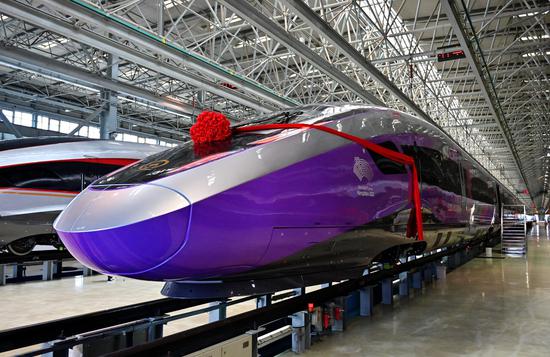


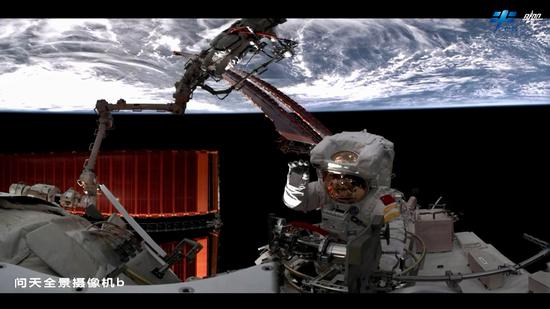

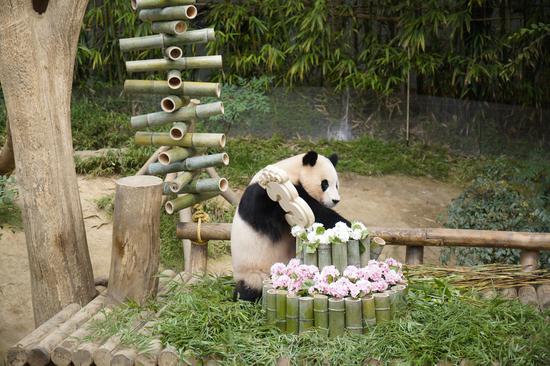
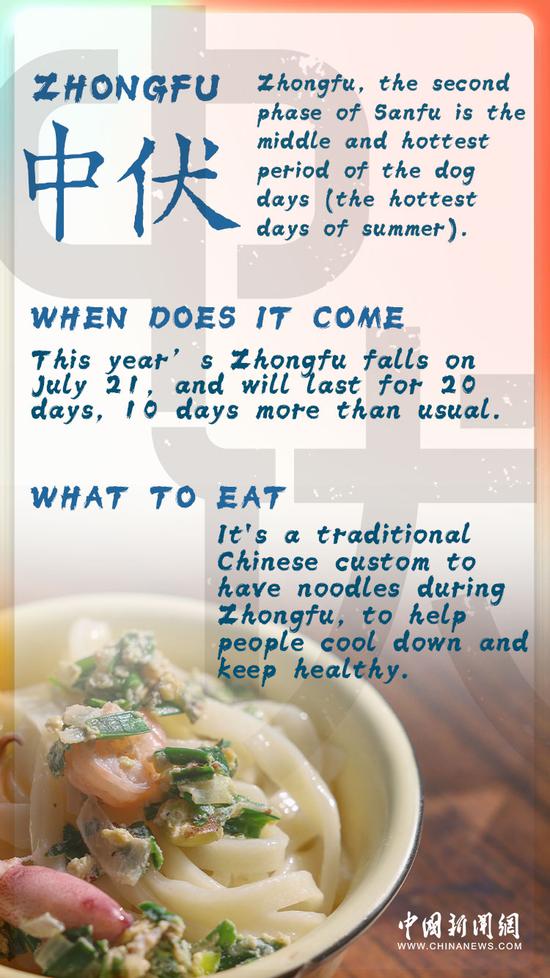


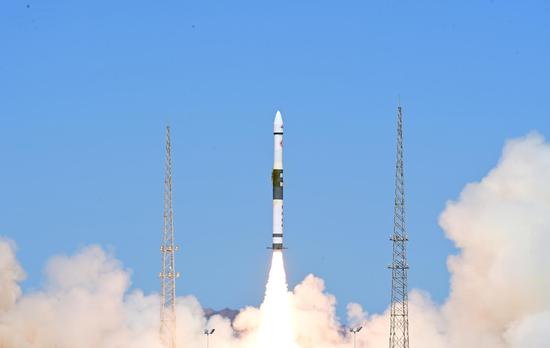
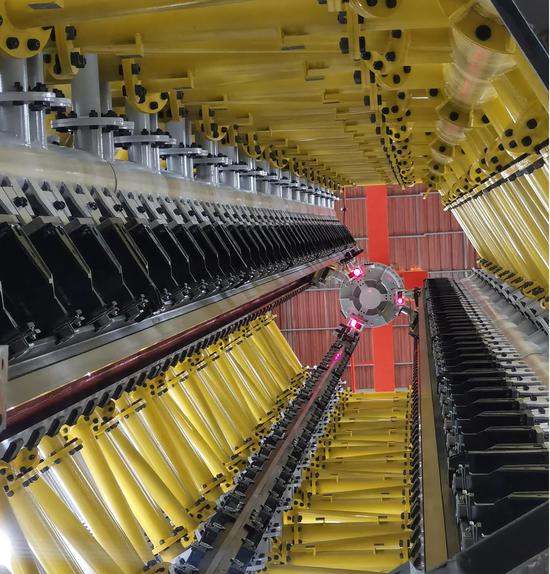
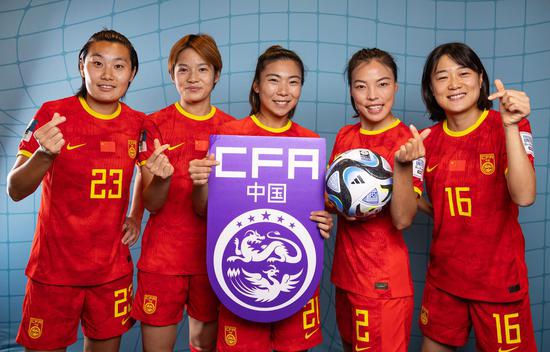




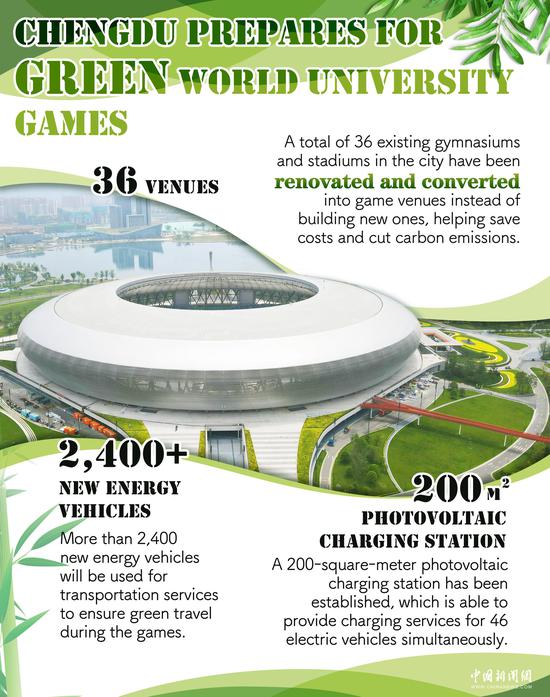

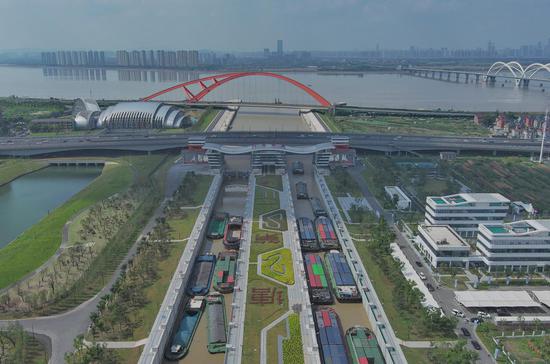
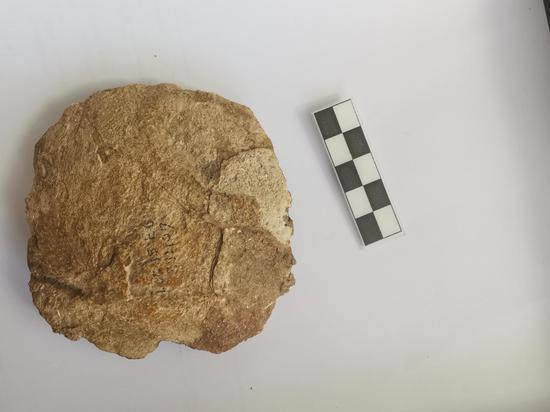



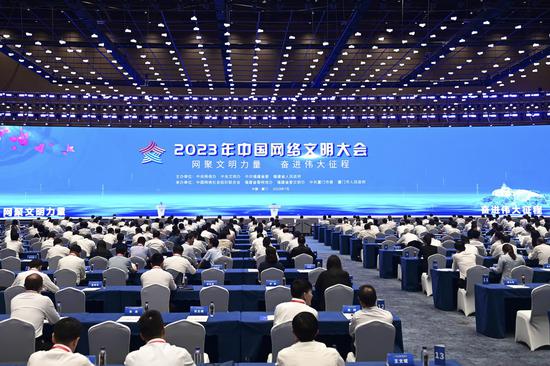
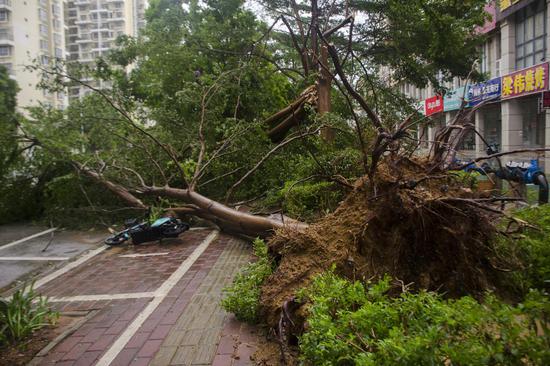

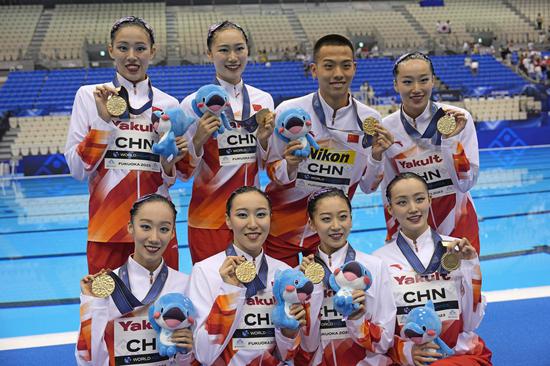
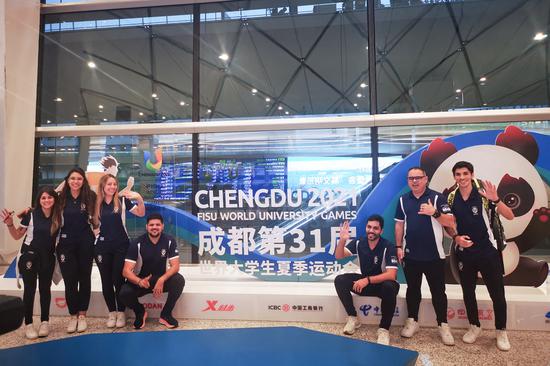

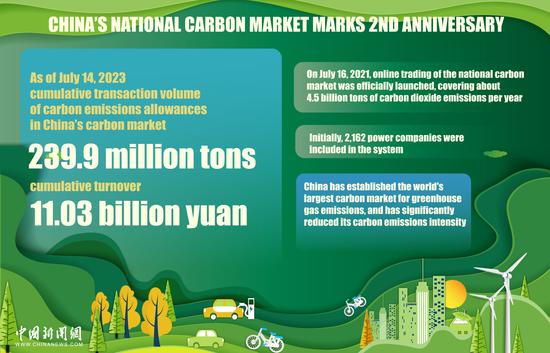
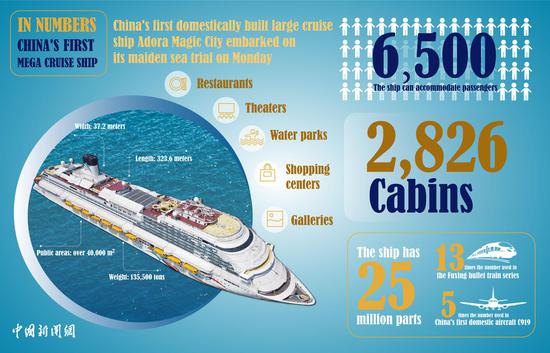

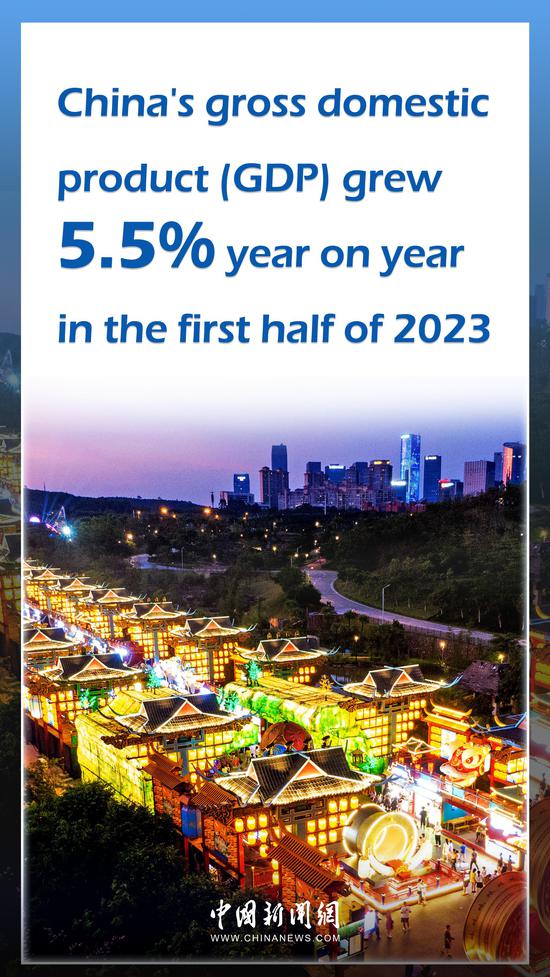

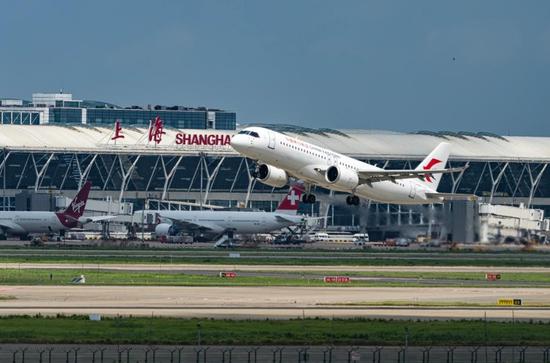
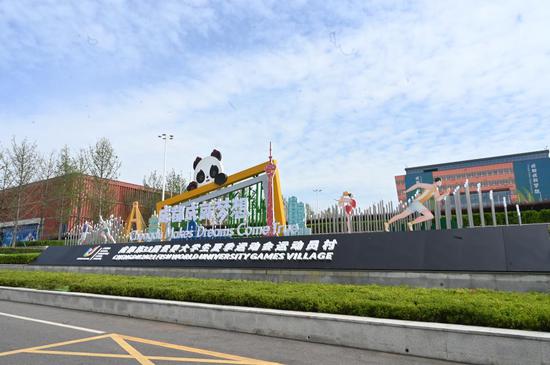
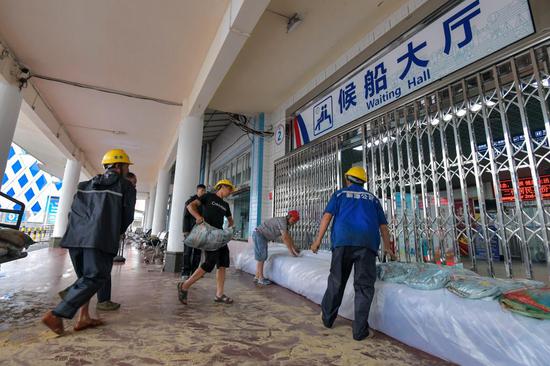





 京公网安备 11010202009201号
京公网安备 11010202009201号